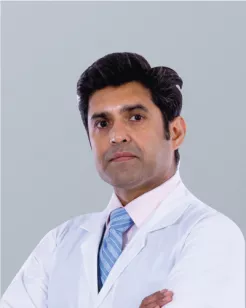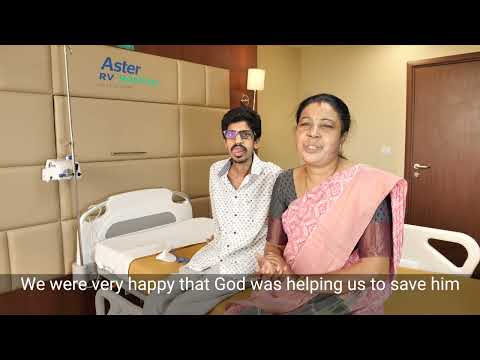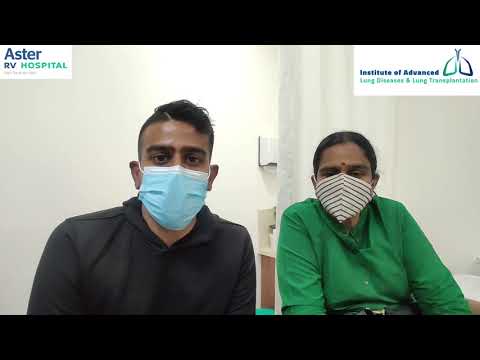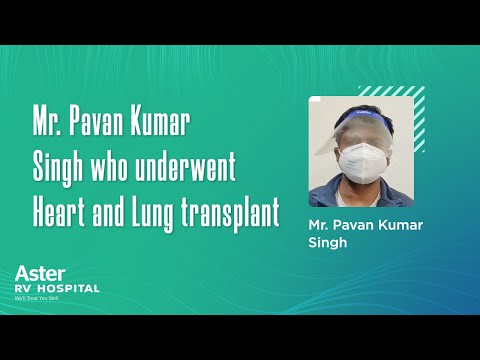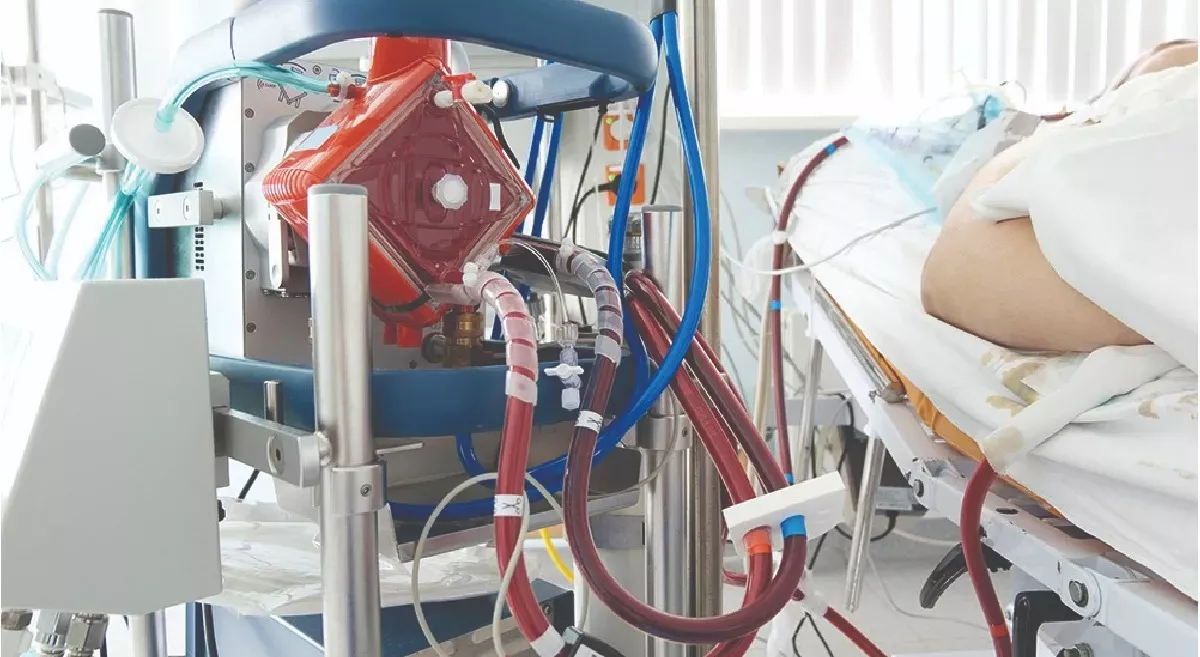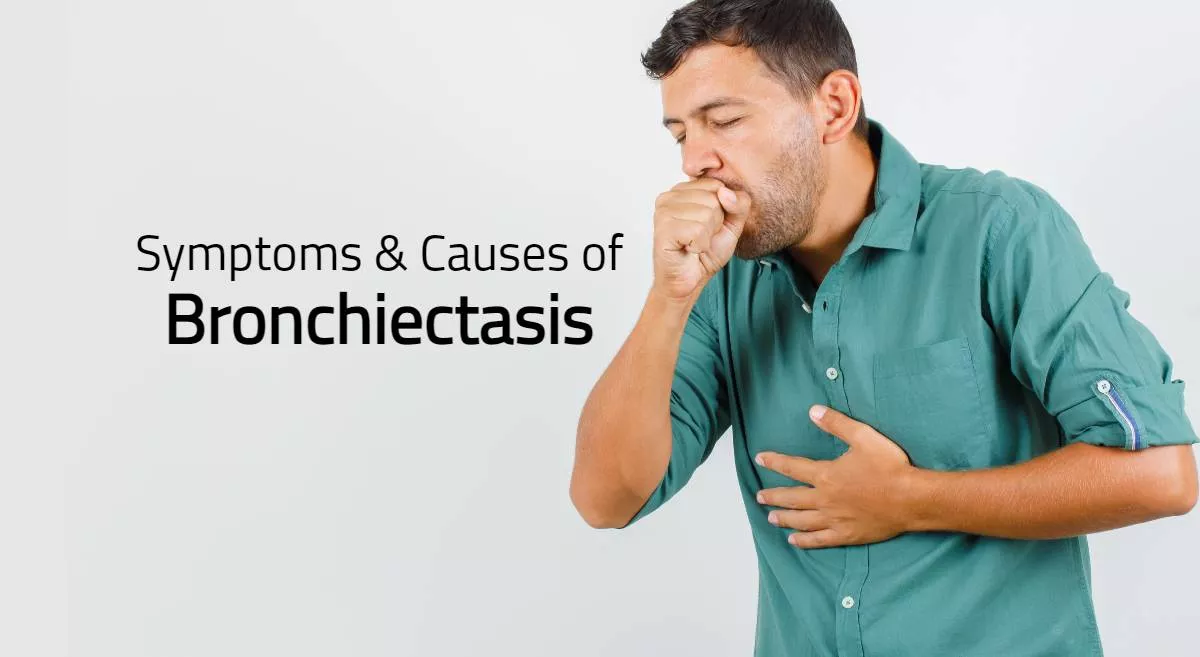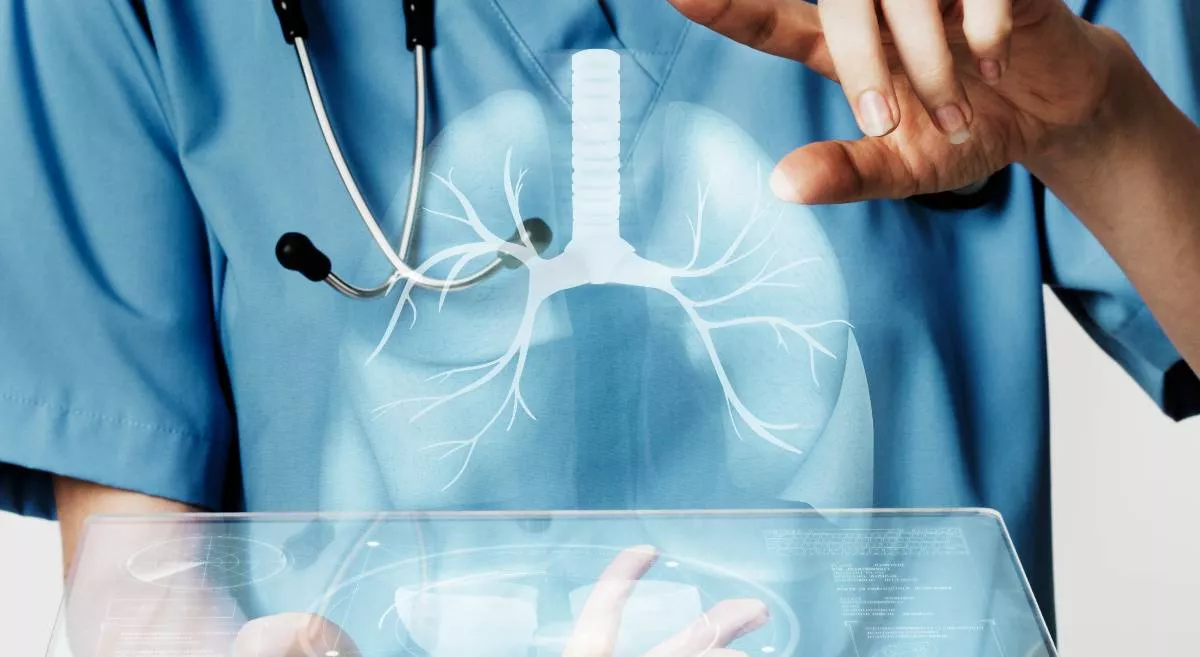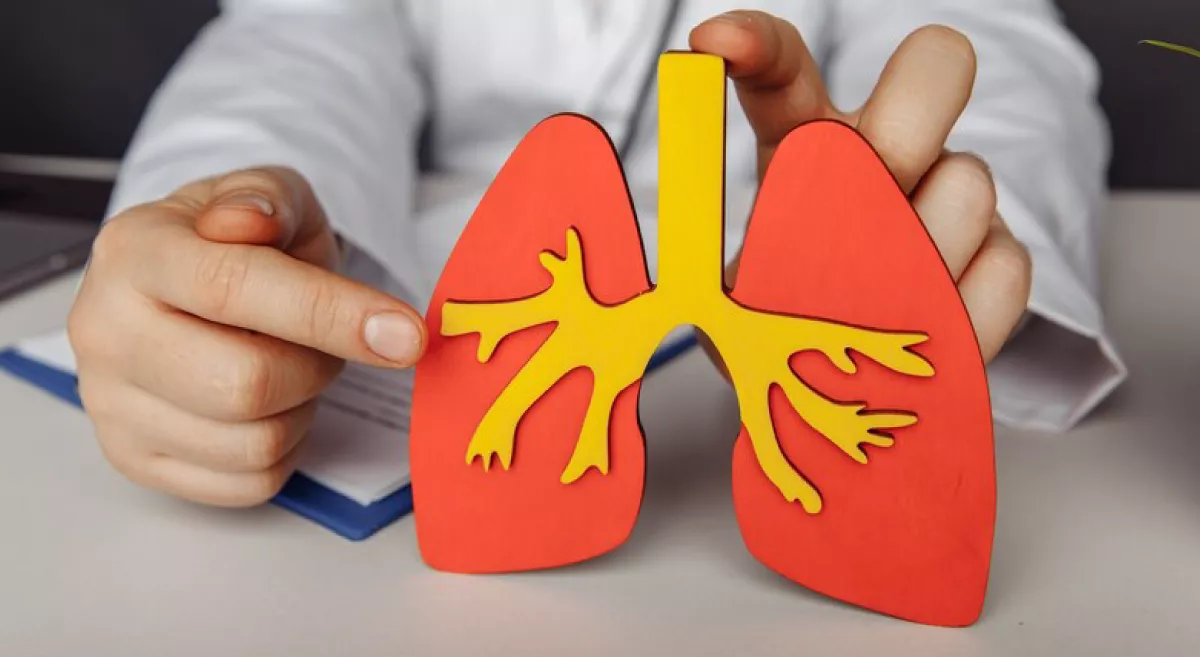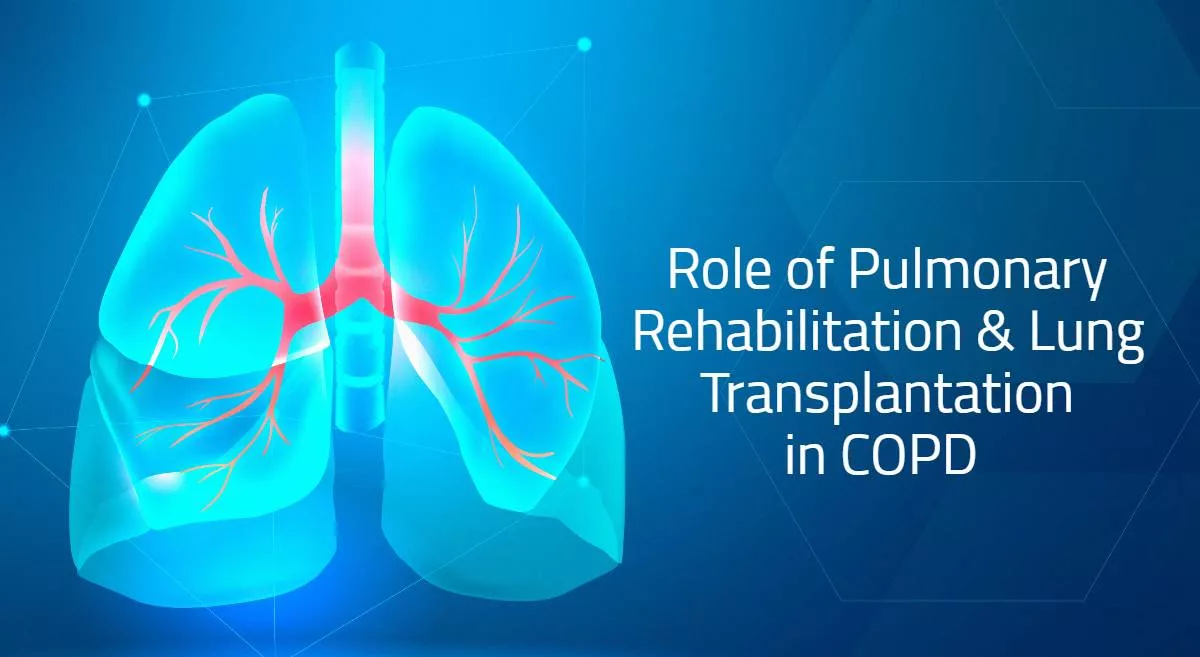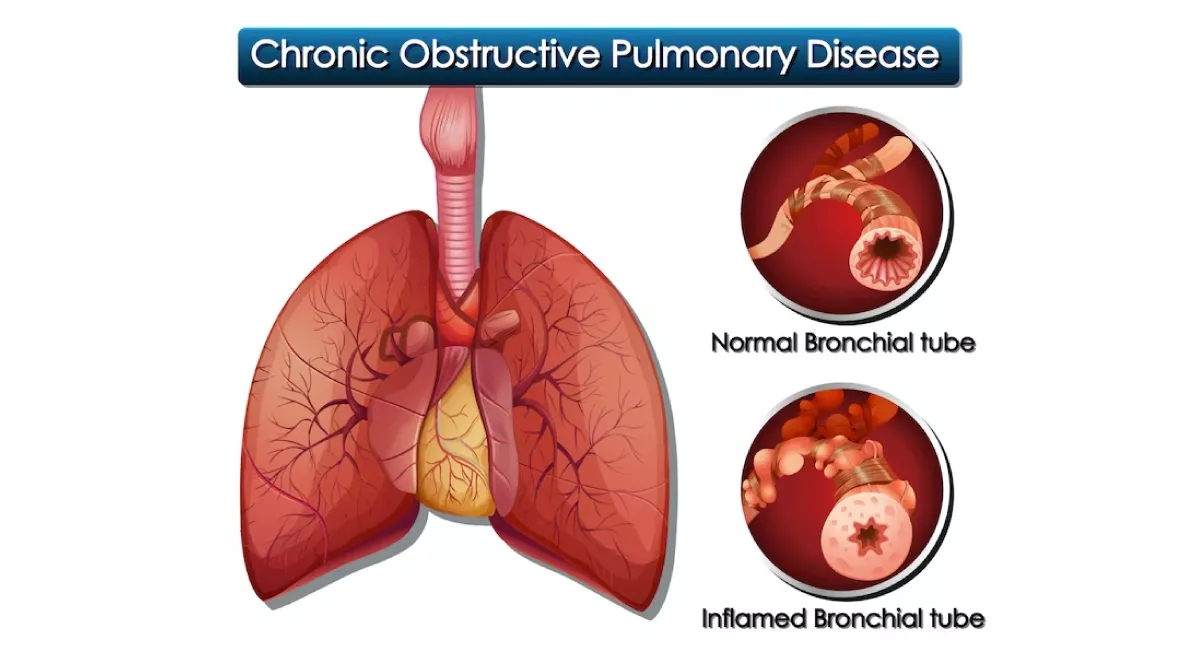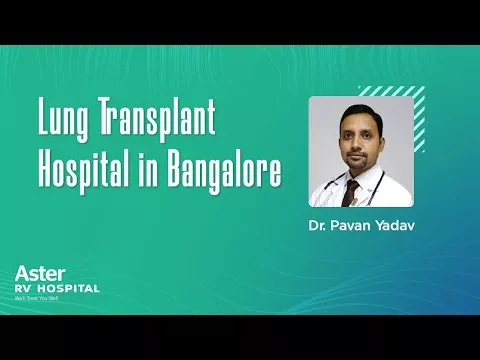Welcome to our Lung Transplantation Clinic! We are dedicated to providing comprehensive care to patients with end-stage lung disease who may benefit from lung transplantation. Our team of highly trained and experienced healthcare professionals includes transplant pulmonologists, transplant surgeons, nurses, and social workers who work together to offer personalized care to each patient.
What is a Lung Transplantation?
A lung transplantation is a surgical procedure that involves replacing a damaged or diseased lung with a healthy lung from a donor. Lung transplantation is typically reserved for patients with end-stage lung disease who have exhausted all other treatment options.
Our Services
At our Lung Transplantation Clinic, we offer a wide range of services to help patients throughout the entire lung transplantation process, including:
Evaluation: Our transplant pulmonologists conduct a comprehensive evaluation to determine if a patient is a suitable candidate for lung transplantation.
1 This evaluation includes a thorough medical history, physical examination, laboratory tests, imaging studies, and other assessments.
Listing: Once a patient has been deemed a suitable candidate for lung transplantation, we work with them to complete the necessary paperwork and evaluations to be placed on the lung transplant waiting list.
Transplantation: Our transplant surgeons perform lung transplantation surgery using the latest technology and techniques. After the surgery, our healthcare professionals provide ongoing care to ensure the best possible outcomes for our patients.
Post-transplant Care: After lung transplantation, we provide ongoing care to help ensure the best possible outcomes. This includes monitoring for rejection, infection, and other complications, as well as providing education and support to help our patients maintain their health and well-being.
Why Choose Our Lung Transplantation Clinic?
Choosing the right lung transplantation centre is critical to achieving the best possible outcomes for patients. At our centre, we are committed to providing comprehensive care to our patients throughout the entire lung transplantation process. Our team includes highly skilled and experienced healthcare professionals who work collaboratively to provide personalized care to each patient. We use the latest technology and techniques to ensure the best possible outcomes, and we provide ongoing care and support to help our patients maintain their health and well-being.
If you or a loved one is in need of lung transplantation services, please contact us to schedule a consultation with one of our experienced transplant pulmonologists. We are here to provide the best possible care to our patients and to support them on their journey to recovery.
Lung transplantation has become an established modality of treatment for patients with advanced lung diseases including ILD, COPD, Bronchiectasis, Primary Pulmonary hypertension etc. in whom despite optimal medical therapy available the disease continues to progress. Optimal medical management, pulmonary rehabilitation and timely referral for lung transplantation procedures are of paramount importance.
What is a Lung Transplantation?
A lung transplantation is a procedure done when a sick or failing lung is restored with a healthy lung.
Lung failure is a life-threatening disorder that occurs when the lungs cannot deliver enough oxygen to the bloodstream. Carbon dioxide build-up can harm organs and tissues and decrease blood oxygenation, and, as a result, it delivers very little oxygen.
The survival rates of patients who performed lung transplantation have increased in recent years. The percentage of people that survive varies depending on the facility. When looking for a place to undergo your operation, it is crucial to inquire about the facility's success rates. The procedure is a functional medication for diseases that have caused severe lung damage. While lung transplantations are fraught with risks and complications on one side, on the other, a lung transplantation can help people with severe lung disease breathe easier and add years to their lives.
When is a lung transplantation surgery done?
A lung transplantation is done when the other customary medication becomes vain, and it is the last option left to sustain life.
As a rule of thumb, a lung transplantation surgery is performed if the patient has one of the following conditions:
Chronic Obstructive Pulmonary Disease (COPD)
Interstitial lung disease (ILD)
Pulmonary Arterial Hypertension
Cystic Fibrosis and Other Causes of Bronchiectasis
Sarcoidosis
Lymphangioleiomyomatosis.
1. Chronic Obstructive Pulmonary Disease (COPD)
COPD is a short form of Chronic Obstructive Pulmonary Disease, which affects millions of people worldwide. In healthy lungs, the airways and the air sacs are generally elastic and stretchy. When breathing in, each air sac fills up with air, like a small balloon, and when breathing out, the air sacs deflate, and the air goes out. For people with COPD, less air flows in and out of the airways due to one or more of the following:
Either the airsacs or airways no longer have elastic quality.
Thin walls between multiple air sacs are destroyed.
The thin wall of the airways becomes thick and inflamed.
If there is more mucus found, it can clog the airways.
2. Idiopathic Pulmonary Fibrosis
Idiopathic Pulmonary Fibrosis or IPF is a chronic progressive fibrotic Interstitial Lung Disease. It is called idiopathic because it is not fully discovered how the scarring occurs or the processes that accelerate or slow it down. There has been no effective treatment from a medical standpoint for a long time. Most of the patients may have low oxygen levels, otherwise called hypoxemia
The symptoms of IPF may not be apparent. People with IPF often show up with:
An abnormal X-ray
Chronic dry cough
Shortness of breath
Scarred lungs
Unexplained Exertional dyspnoea.
3. Pulmonary Arterial Hypertension
Pulmonary hypertension (PAH) is a kind of excessive blood pressure. It is something that people commonly get confused with normal hypertension. The PAH is the pressure that builds up strikes the right side of the heart and the arteries in the lungs.
Pulmonary arterial hypertension is a type of pulmonary hypertension in which blood vessels in the lungs are constricted, obstructed, or damaged. Blood flow through the lungs is slowed, and blood pressure in the pulmonary arteries rises due to the damage. So, the heart must work harder to pump blood through the lungs. The increased effort leads the heart muscle to weaken and eventually fail.
The symptoms of PAH cannot be recognized in the early stages of the disease. But as the disease starts to progress, you will notice symptoms that are commonly experienced by any lung disease patient, such as:
Asthma
Edema feet
Chest pain
Heart Palpitation
Dizziness.
4. Cystic Fibrosis
Cystic fibrosis (CF) is a genetic disease that affects the lungs and the digestive system and severely damages other body organs.
Cystic fibrosis exertsan influence on the cells that produce digestive fluids, sweat and mucus. Usually, these fluids produced are thin and slimy. However, a faulty gene in patients with CF causes the secretions to become thick and sticky. Rather than functioning as lubricants, the fluid starts to clog tubes, passages, and ducts, particularly in the lungs.
Even though cystic fibrosis is a progressive disease that necessitates daily care, people with the conditioncanfrequently go to work and live a normal life due to medical advancements and treatments. They get to have a higher quality of life than CF patients in the decades before. Some of the symptoms include:
Cough
Pneumonia
Constipation or Diarrhea
Wheezing.
5. Sarcoidosis
Sarcoidosis is an unusual disease where the lymph nodes and lungs get inflamed (granulomas) in the chest, and however, it can harm the heart, skin, eyes, and other organs.
The cause for the disease is unknown; lung transplant specialists believe it is caused by the body's immune system reacting to an unknown chemical. Infectious agents, dust, chemicals, and a possible aberrant reaction to the body's self-made proteins may all have a role in creating granulomas in genetically predisposed patients. Symptoms of sarcoidosis differ relating to the organs that are affected. Commonly found symptoms are red eyes, swollen joints, patches on the skin, nervous system disorder, and kidney stones.
6. Lymphangioleiomyomatosis
Lymphangioleiomyomatosis (LAM) is also known as Multi-systemic Low-grade Neoplastic Disease, where there is an abnormal proliferation of smooth muscle-like.
LAM cells. LAM affects many organs, including the lymphatic system. The lymphatic system is a system of tubes that carries lymph fluid and immune cells throughout the body. Immune cells, proteins, and other chemicals are exchanged between the blood and tissues through the lymph fluid.
LAM is primarily prevalent in females. It is frequently a symptom of tuberous sclerosis complex, a hereditary condition.
Our Doctors
We have some of the best specialists from around the world, they bring years of experience and offer evidence-based treatment to ensure the best care for you.
FAQs
At Aster Hospitals we provide the highest quality of care and a transformative experience for all your healthcare needs. With our network of multi-speciality hospitals, specialised doctors, and world-class technology, we bring global standards of medical care to our patients.
What to expect from a lung transplantation surgery?
As you recover from your transplantation, we will help you monitor your health and understand complications that may occur. After the transplantation, you may have weekly hospital visits for the first few months and then less frequent visits over time. You may also be asked to take a few tests like chest X-rays and pulmonary function tests. Bronchoscopy and CT scans of the chest will also be done in longer intervals.
How much does a lung transplantation cost?
The cost usually depends on a range of factors. This can only be quoted upon meeting the transplant coordinator.
How long does it take to recover from a lung transplantation?
It takes 3 to 6 months to fully recover from a lung transplantation.
What is a lung transplantation?
Lung transplantation is a surgical procedure that involves replacing a diseased or damaged lung with a healthy lung from a deceased donor or, in some cases, from a living donor. It is typically performed in patients with end-stage lung diseases that cannot be adequately treated with other medical interventions.
How long is the waiting period for a lung transplant?
The waiting period for a lung transplant can vary significantly depending on several factors, including the patient's blood type, the severity of their condition, and the availability of suitable donor organs. On average, the waiting period can range from a few weeks to several months.
How long can a transplanted lung last?
The longevity of a transplanted lung can vary among individuals. On average, most lung transplant recipients can expect their transplanted lung to function well for approximately 5 to 10 years. However, with advancements in surgical techniques, post-transplant care, and immunosuppressive medications, there have been cases where transplanted lungs have functioned for more than 15 years.
What is the age limit for a Lung transplantation?
The usual age limit for lung transplantation is 65 years and below.
What is the life expectancy after lung transplantation?
The life expectancy after a lung transplantation can vary between 5 - 10 years or more.
How long will I have to wait for new lungs?
On an average 3-4 months.
Who is a candidate for a lung transplantation?
Candidates for lung transplantation are individuals with severe, irreversible lung diseases, such as chronic obstructive pulmonary disease (COPD), idiopathic pulmonary fibrosis (IPF), cystic fibrosis (CF), or pulmonary hypertension. Eligibility for lung transplantation depends on several factors, including the severity of the disease, overall health status, and the absence of contraindications.
What are the risks and complications associated with lung transplantation?
Lung transplantation is a complex surgical procedure with potential risks and complications. Some of the risks include organ rejection, infection, bleeding, blood clots, and complications related to immunosuppressive medications.
Are there any lifestyle changes required after lung transplantation?
Yes, lifestyle changes are necessary after lung transplantation to optimise the long-term success of the transplant. These changes may include adhering to a strict medication regimen, maintaining a healthy diet, exercising regularly, avoiding tobacco smoke and environmental pollutants, and practicing good hygiene to reduce the risk of infections. It's crucial for recipients to follow the guidelines provided by their transplant team for a healthy and successful outcome.
Patient Stories
Our patients are our best advocates, hear the inspiring stories of their treatment journey
Blogs
The source of trustworthy health and medical information. Through this section, we provide research-based health information, and all that is happening in Aster Hospital.


